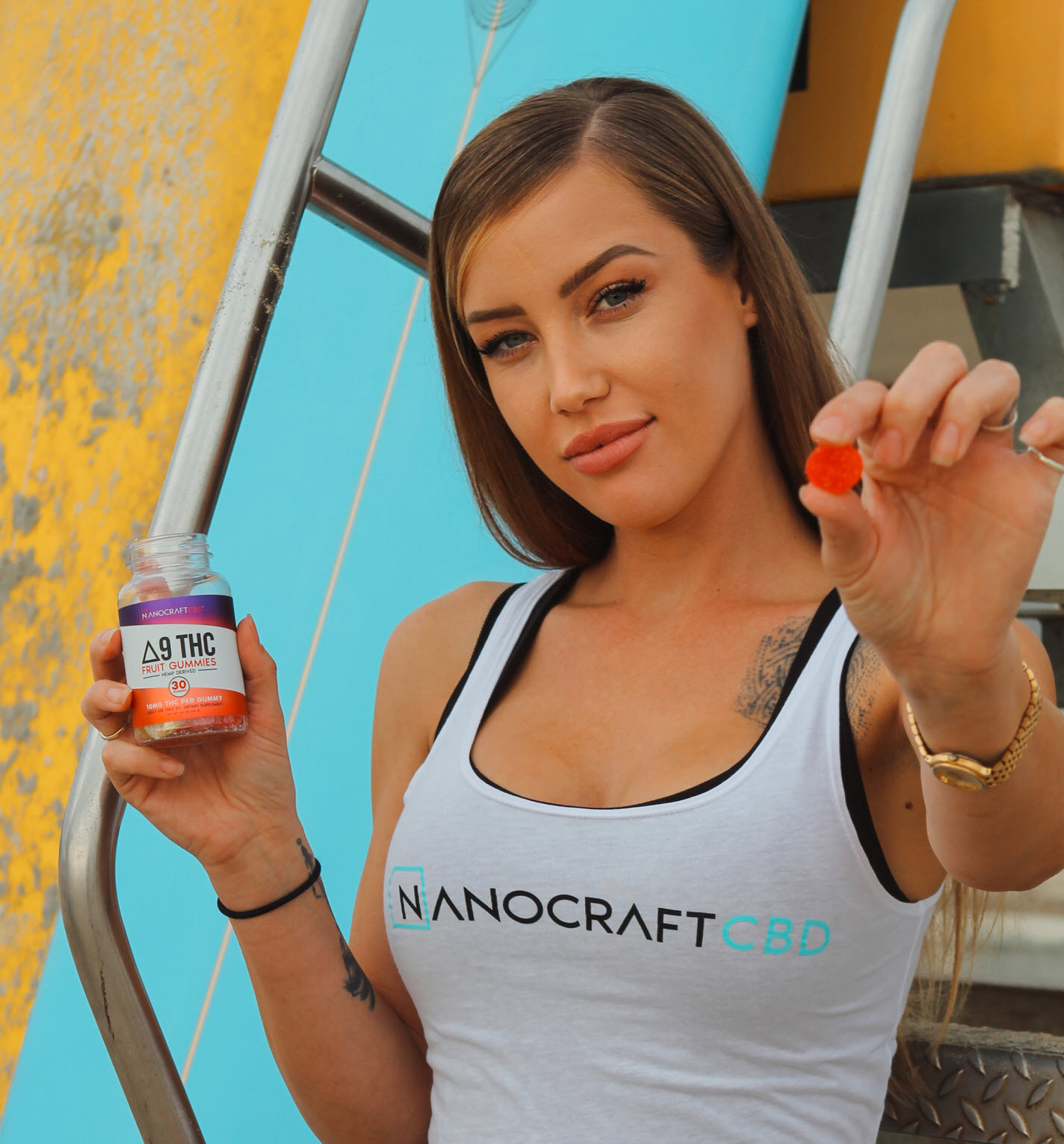A Closer Look at Third-Party Testing for Delta 9 Gummies
Welcome to our informative article on third-party testing for Delta 9 gummies. In an industry flooded with cannabis products, quality control is of utmost importance. This is where third-party testing comes into play, ensuring the safety and reliability of these products.
Understanding Delta 9 Gummies
Delta 9 gummies are an increasingly popular choice among cannabis enthusiasts. These gummies are infused with Delta-9-tetrahydrocannabinol, commonly known as THC, which is the primary psychoactive compound found in cannabis. Delta 9 gummies offer users a convenient and discreet way to consume THC, providing a euphoric and relaxing experience.
The Significance of Third-Party Testing
Third-party testing involves sending cannabis products, such as Delta 9 gummies, to independent laboratories for analysis. These labs conduct comprehensive tests to ensure that the product meets safety standards, contains accurate cannabinoid levels, and is free from contaminants.
By employing third-party testing, manufacturers and consumers can have greater confidence in the quality and safety of Delta 9 gummies. This unbiased evaluation offers transparency and assurance by providing an objective assessment of the product's potency, purity, and consistency.
The Key Factors that Impact Third-Party Testing for Delta 9 Gummies
Several crucial factors influence the effectiveness and reliability of third-party testing for Delta 9 gummies:
- Laboratory Accreditation: It is essential to ensure that the laboratory conducting the testing is accredited by reputable organizations. Accreditation ensures that the lab follows stringent protocols and meets recognized industry standards.
- Testing Methods: The use of validated testing methods is crucial to obtaining accurate results. Laboratories must employ validated techniques for cannabinoid profiling, pesticide screening, heavy metal detection, and microbial analysis.
- Sample Size: The size and representative nature of the sample sent for testing can impact the reliability of the results. A larger sample size increases the statistical confidence in the analysis.
- Turnaround Time: The time required for testing and receiving results can vary between laboratories. It is important to consider the desired turnaround time when selecting a laboratory for third-party testing.
The Tradeoffs and Challenges in Third-Party Testing
While third-party testing provides an invaluable quality assurance process, there are tradeoffs and challenges that must be considered:
Cost: Third-party testing can be costly for manufacturers, potentially impacting the final price of Delta 9 gummies. Balancing the cost of testing with the need for quality control is a challenge that manufacturers face.
Time Constraints: Testing can delay the release of Delta 9 gummies. Striking a balance between thorough testing and meeting market demands is a challenge that manufacturers need to manage effectively.
Limited Testing Scope: Third-party testing may not cover all potential contaminants or quality metrics. As the cannabis industry evolves, ensuring comprehensive testing protocols becomes increasingly important.
The Importance of Considering the Impact
Consumer safety and product reliability are vital considerations when making decisions about third-party testing for Delta 9 gummies. By prioritizing quality control, manufacturers contribute to the overall improvement of the cannabis industry.
Moreover, informed consumers who value transparency can make more educated decisions when choosing Delta 9 gummies. The verification provided by third-party testing empowers consumers to select products that align with their desired quality and safety standards.
Conclusion
Third-party testing plays a crucial role in ensuring the quality, safety, and reliability of Delta 9 gummies. By understanding the impact of factors such as laboratory accreditation, testing methods, sample size, and turnaround time, manufacturers can make informed decisions about third-party testing. Balancing tradeoffs and overcoming challenges helps elevate the cannabis industry to new heights, ensuring a positive experience for consumers.
